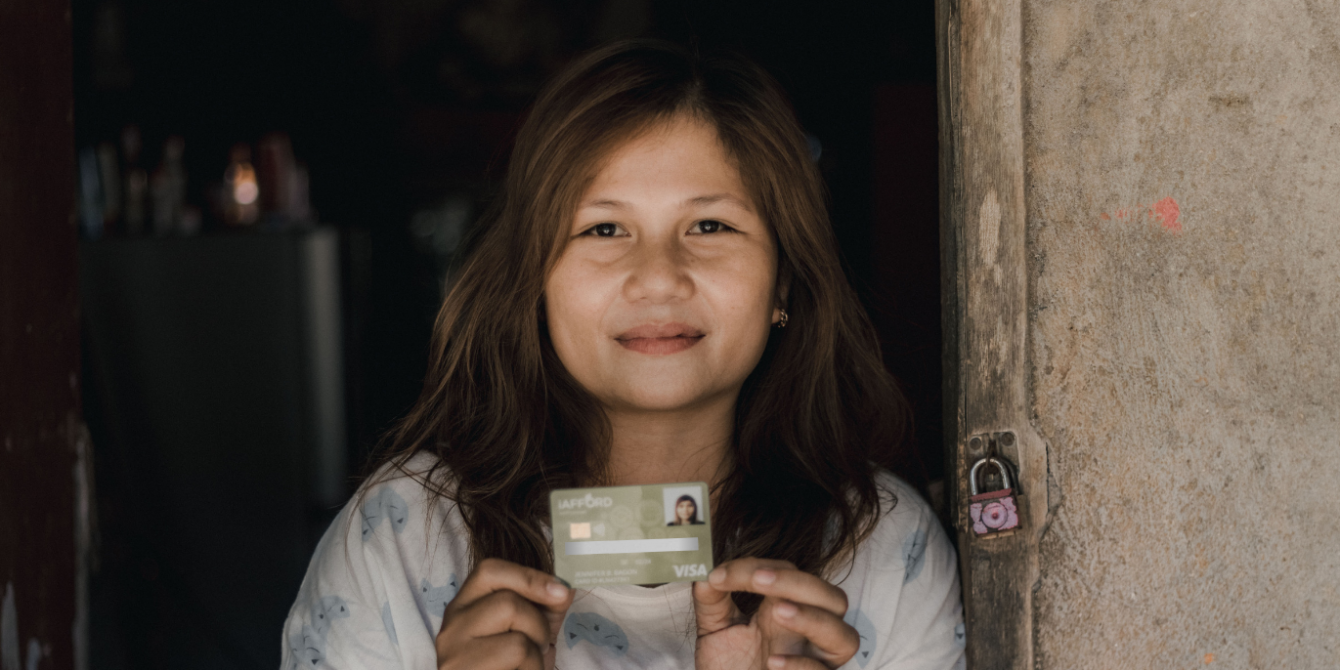REPORT: Meso-scale Insurance for Disaster Readiness and Recovery (MINDER) II Project
Pilot Study on Risk Transfer Implementation in Salcedo, Eastern Samar

Given the Philippines’ high exposure and vulnerability to climate change impacts and disasters, there is a great need to develop policy measures for climate and risk financing to ease the burden of covering losses and damages.
One low-hanging financing policy option to address climate and disaster risks in the Philippines is climate and disaster risk insurance (CDRI). Recently, insurance coverage has emerged as an important means for ensuring protection from disasters and enabling communities to recover.
The Center for Local and Regional Governance and the University of the Philippines Resilience Institute reports that the country already has the laws that provide for a system for climate and disaster risk insurance, and that these should be maximized. The report shares critical lessons to support the recommendation that national agencies must craft clear, coherent, and comprehensive policy guidelines that would enable local governments to effectively implement risk transfer. This would also enable tapping financing from the private sector, through local insurance, thus easing the burden on the public financial system.
The report is part of the Meso-scale Insurance for Disaster Readiness and Recovery (MINDER) Project supported by Oxfam.

 Follow us on Facebook
Follow us on Facebook Instagram
Instagram Follow us on Twitter
Follow us on Twitter LinkedIn
LinkedIn